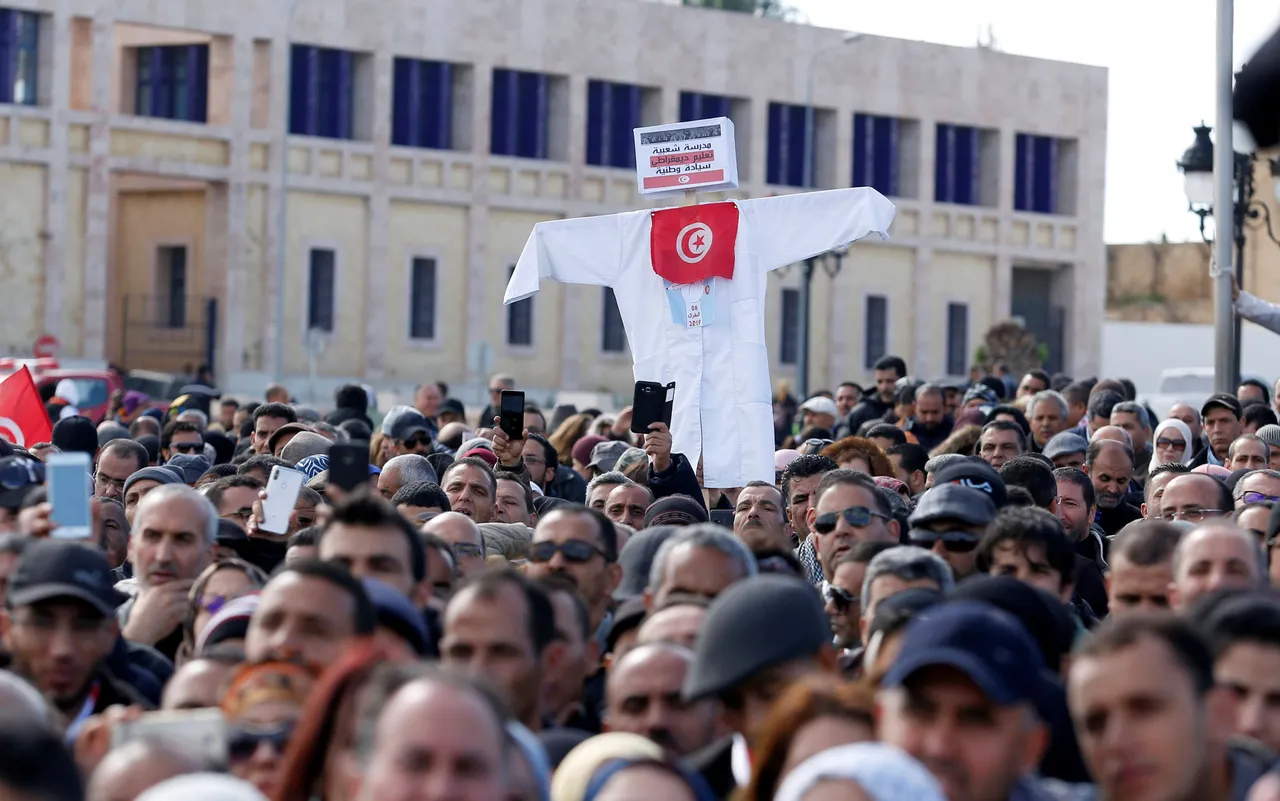Last Thursday, Tunisian President Kais Saied declared that the International Monetary Fund (IMF) demands are unacceptable. The press releases were made outside of a ceremony held in Monastir to mark the 23rd anniversary of the passing of former president Habib Bourguiba, who is regarded as the father of Tunisian freedom.
A severe economic and financial crisis has gripped Tunisia. The nation also has ongoing currency depreciation in comparison to the dollar and the euro, as well as persistent budget and trade deficits. The sovereign rating of Tunisia has been reduced by rating agency Moody's to high risk, which denotes a risk of debt default. For a loan of $1.9 billion, the Tunisian government has been negotiating with the IMF for a number of months. But, since a general understanding was declared in the middle of October, communication between the two parties has halted.
The international financial organization is urging Tunis to implement economic changes and to stop subsidizing specific goods. On April 18 and 19, the president of the Central Bank and the minister of the economy will attend meetings of the IMF and World Bank. According to the president of state, demands from overseas that would cause more poverty are unacceptable in the eyes of the IMF; instead, they should rely on themselves.
The president of Tunisia cited the drama of the bread riots in the 1980s to defend his unwillingness to remove subsidies on basics. Foreign diktats will be refused. Even while this anti-IMF remark is nothing new, it comes at a time when the European Union is very concerned about Tunisia's potential economic collapse because of the effects it may have on the waves of arrivals in the Mediterranean.
Saed continued that they must find other alternatives because social peace is not a game and cannot be taken lightly. He cited the bread riots that broke out under the Bourguiba regime in December 1983 as an example of this. The riots were started as a result of the Tunisian government's decision to end the subsidy for cereal products.
After President Kas Saed implemented extraordinary measures on July 25, 2021, Tunisia has been experiencing a political crisis. Other political parties in Tunisia view Saed's emergency measures as a revival of the 2011 uprising that toppled former president Zine El Abidine Ben Ali's authority, while Tunisian political parties view Saed's emergency measures as a coup d'état against the 2014 Constitution and a consecration of autocratic power. Saed, who took office as president in 2019, said he made choices about emergency measures within the parameters of the constitution to defend the country from immediate threat, with a focus on preserving freedoms and human rights.
